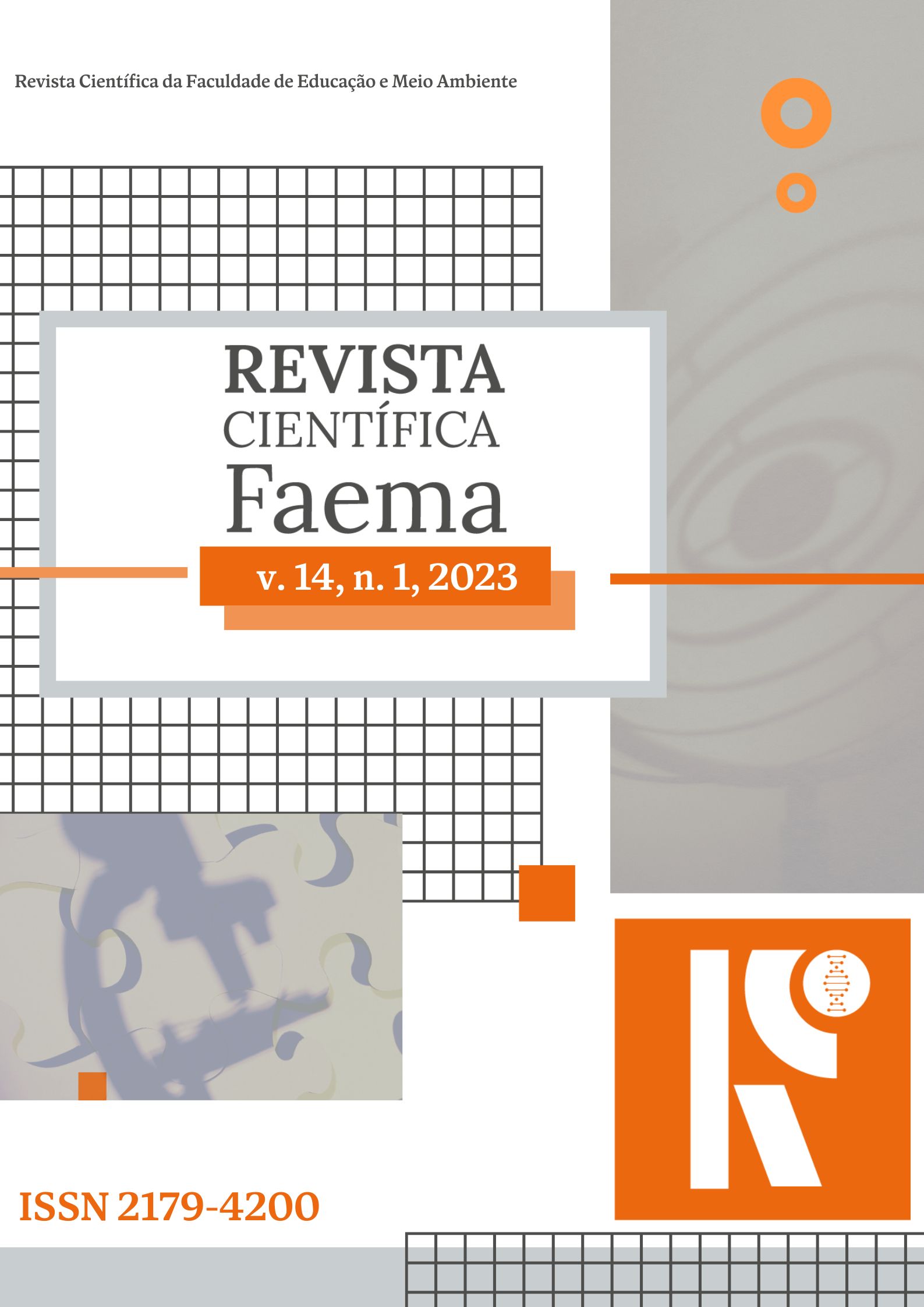LIMITS OF MANAGED SUBJECTIVITY: RELATIONSHIPS BETWEEN PREJUDICE AND NARCISISM
Main Article Content
Abstract
This article, from a theoretical perspective, investigates the objective and subjective elements in the constitution and expression of prejudice, and its relation with narcissism. According to Horkheimer and Adorno, prejudice is both a social and a psychological phenomenon: based on objective obstacles to the formation of the individual, it is manifested as subjective marks of what has not been formed, sediments that act as irrational needs of pseudo-formed individuals. The relationship of the individual predisposed to prejudice with the object is mediated by the drive dimension repressed by an unjust social structure, and by the ego's defense mechanisms. According to the analyses taken in this study, the more culture adds to fear and helplessness, the greater the threat felt by the individual, in this process, the more libido is taken from objects, the more intense the defense mechanisms, and the greater their narcissism. With an enhanced narcissism, the individual has difficulty getting in touch with what they consider to be different, projecting onto the object what they cannot elaborate about themselves. This process becomes more intense in industrial societies, since it produces a sharp regression in the individual's consciousness, strengthening the adaptation to totalitarian social values and their identification with the mass psychology presented in fascism. Such dynamics are increasingly hindering the individual's ability to think on the violence that he reinforces and perpetuates. It is concluded that narcissism plays a fundamental role in all these processes: by participating in all the defense mechanisms and interfering in the subject/object relationship (in the apprehension/reflection of reality by the individual), it impedes the individual's contact with himself and with the other, thus making alterity impossible.


